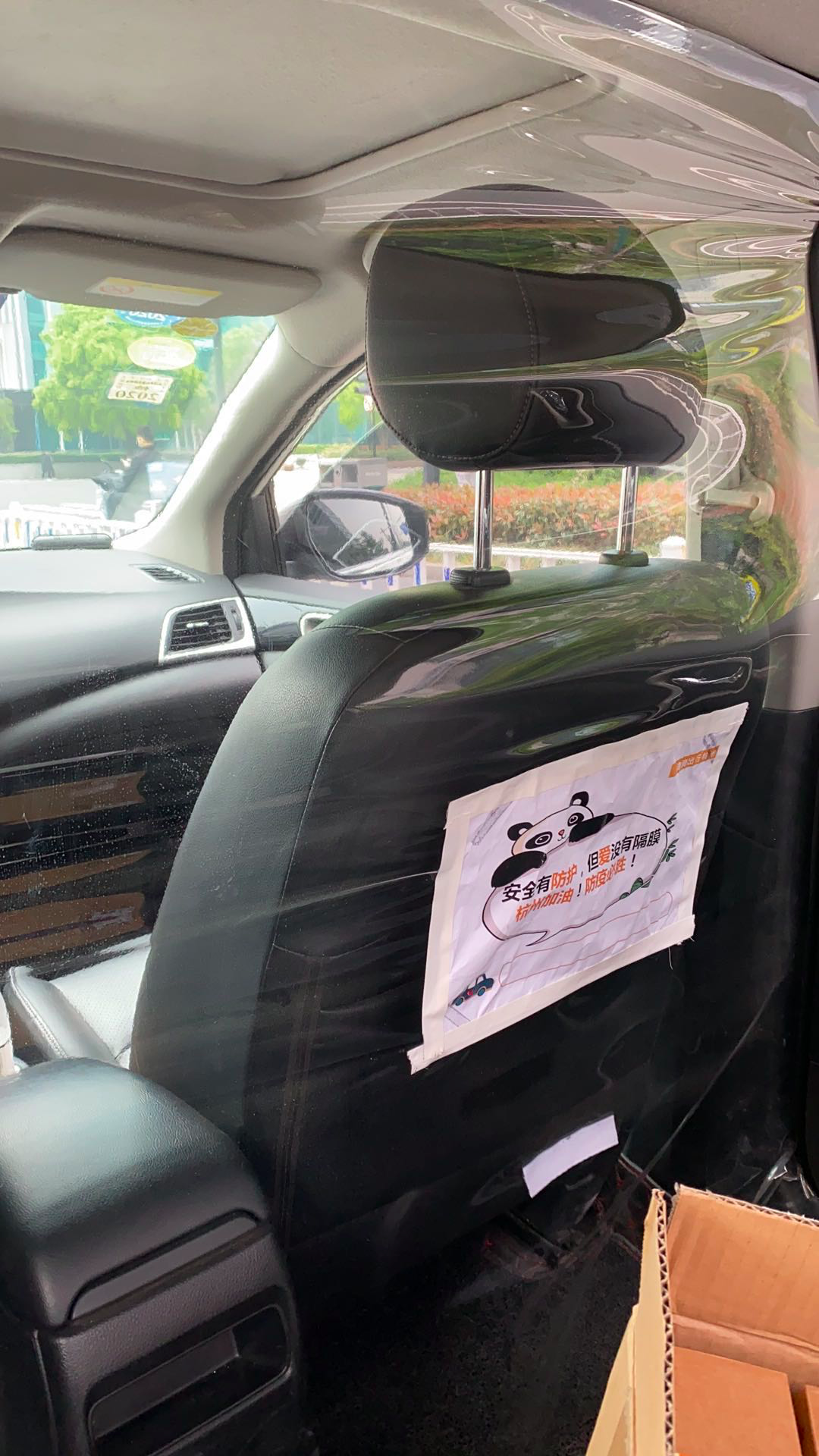Qualitative Research tools in a post COVID world: Mobile Ethnography
In Europe and the US, we are still very much in the early stages of battling the COVID-19 Pandemic and adjusting to our new quarantined life. In China however they have now entered a phase of the ‘new normal’. For example, contactless and digital payments are now the foundations of business and personal life alike. From banks introducing digital consultations, through to AliPay and WeChat Pay growing rapidly, to digital forms of communication replacing all forms of meeting and human connection. In this short blog, we interviewed one of our colleagues based in China to learn what sorts of changes had taken place in their daily lives, while also exploring what the implications were for qualitative research.
Most Significant Changes
Talking to our team in Hangzhou, China, we learnt that the threat from the Coronavirus was still very real, and although the strict restrictions were no longer in place, avoiding public spaces, avoiding shared public transport and limiting face to face communications is the preferred thing to do.
The most notable new technology to emerge from the pandemic is certainly the ‘Health code’ app introduced by the Chinese government. The app which is a part of Alipay can track the user’s movements and health and based on this generates a green, yellow or red code. With green meaning healthy, yellow suggesting person should be self isolation a red meaning person was diagnosed with COVID-19. This new groundbreaking system allows to keep public transport and spaces safe with the app generating a code authorities can scan before allowing entry.
The Chinese economy suffered a historic slump with industrial output plunging 13.5% in January alone. Although slowly picking up and returning to a new routine, effects of the virus are still apparent throughout all sectors and industries.
Offices are now required to provide face masks for all their personnel. Meetings are still held using video conferencing and all documents are now digital, with even banks encouraging customers to log into their apps instead. The formerly very popular public transport, taxis, and Uber are no longer used that much due to health concerns, boosting the car hire and vehicle rental services. Popular restaurants have also had to adapt their business models to delivery or collection only services with many still working to adapt their concept due to huge losses in tourism and hospitality.
The biggest net beneficiaries worldwide have been delivery services. Convenient food deliveries still cannot keep up with demand due to a lack of delivery drivers and supply chains not able to cope with the spike in demand. Impacts of disrupted logistics are no longer exclusive to small enterprises and have begun to affect retail giant like Amazon - who have been forced to change their business model and are still turning away the shipments of ‘non-essential’ goods.
The Broader Impact
There has been a clear shift towards digital. Moving all our communications and activities online is not just a temporary solution but a long term mission for many. With the challenges facing the brick and mortar retailers we can expect to see more business across the world transitioning to fully digital operations, and customer expectations from the new brand experience changing significantly.
Aside from the strong preference for online, as we move into the economic recovery phase, customers are still concerned with the value and social responsibility of the brands they chose. This presents great opportunities for many to connect with their audiences on a deeper level and build an even stronger market presence.
Businesses that fail to adjust and re-design their experience will without a doubt struggle to keep their existing or attract new customers.
How Remote Mobile Ethnography Can Help
Given the fact that traditional, in-person ethnography might no longer be an option for many businesses, the agile and remote capabilities of Remote Mobile Ethnography and Mobile Diary Studies can place you at the intersection of your customer, their context and the moments where they experience your product or service. This unique capability will give you an in-depth understanding of their ‘in-context’ and in-the-moment experiences, painting a clearer picture of what the customer’s need from this new brand experience and how to best meet and exceed their expectations.
Transitioning To Mobile Ethnography
When leveraging Mobile Ethnography as part of your qualitative research toolkit, you will need a completely new approach. Shoehorning what used to work for you on other methodologies or outdated technologies will not deliver the results you need. You need to get comfortable with asking for less in order to understand more. Shifting to a conversational approach will yield more impactful results and allow for a better understanding of the respondent. The probing options within mobile ethnography apps like Indeemo’s will also allow you to prob respondents and to get an even better understanding of their motivation and decision making.
Conclusion
With the world around us changing at a rapid pace, we must re-invent what we do and how we do it. Keeping the end customer and their expectations at the core is essential to this process. With mobile ethnography you can ensure an in-depth understanding of their ‘in-context’ and in-the-moment needs, wants and expectations - allowing for a strong business continuity plan.
About Indeemo
Indeemo's mobile ethnography app and qualitative research platform helps researchers, designers, Insights teams, and brands capture authentic, in-context, in-the-moment behaviors and feelings that help them better understand what really matters to their customers. By merging mobile, video, and private social networking technologies, Indeemo's agile, mobile ethnography solution delivers rich, contextual insights at scale and in real-time.
Contact Us
US Toll Free: +1 888 917 7480
UK: +44 (0) 845 528 0870


